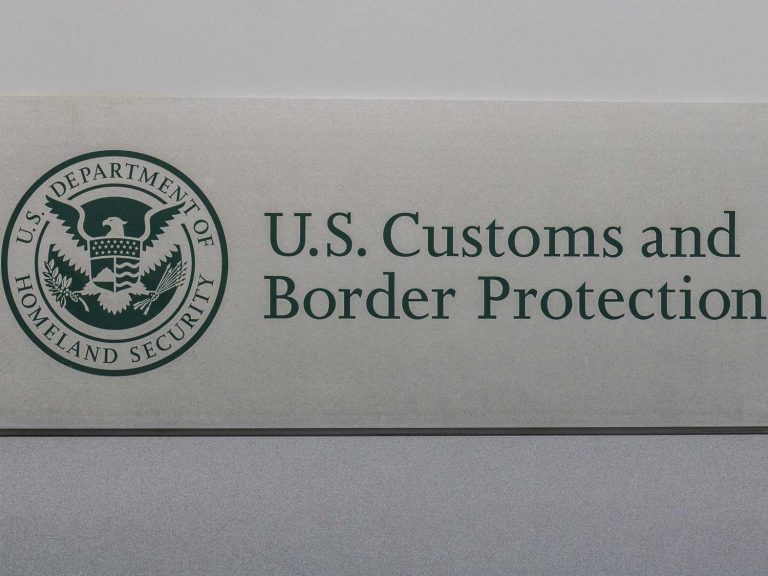
Date:
US Customs Reforms Raise Questions on HTS Entries and Transshipped Goods
Businesses responsible for customs clearing goods into the US are adjusting to two significant Customs and Border Protection (CBP) changes that could affect classification practices and the treatment of goods in transit.
Firstly, CBP has expanded the number of Harmonised Tariff Schedule (HTS) codes allowed per entry line from 8 to 32. The change, which applies to both standard and reconciliation entries, is intended to streamline the entry process and improve digital efficiency across the Automated Commercial Environment (ACE).
The move to allow 32 HTS codes per line is a big shift, and speaks volumes about the uncertainty over future tariffs. It is clearly leaving the door open for further complexity, depending on how U.S. trade partners respond and while the largest brokers can technically handle it, those without automation or AI technology have voices concerns.
For importers managing high-SKU consignments, the risk of misclassification or documentation errors increases significantly, potentially leading to delays, penalties or additional scrutiny.
Industry Seeks Clarity on Transshipment and Tariff Application
A second area of concern relates to the treatment of transshipped goods under the new tariffs introduced via the International Emergency Economic Powers Act (IEEPA) in April.
A coalition of 94 shipper, broker and forwarder organisations, including major retail and transport associations, has written to CBP and the Department of Homeland Security, urging them to clarify whether cargo transshipped via third countries remains eligible for tariff exemption if it left its origin before the April 5 deadline.
The industry points to longstanding CBP rulings that support exemption based on the original country of export, provided there is documentation such as bills of lading, purchase orders and invoices confirming that the US was the intended final destination.
However, it is reported that CBP’s responses have been inconsistent, with some entries flagged for duties despite meeting these criteria. Further guidance issued in May attempted to address this issue through a list of FAQs, but many in the trade community feel uncertainty persists, especially as tariff reviews continue and legal challenges to IEEPA enforcement remain unresolved.
Metro’s Support for UK Exporters and US Importers
In this changing environment, Metro’s customs brokerage services are designed to ensure that clients stay compliant, informed, and in control. Our AI, ML and automation driven brokerage platform – CuDoS – is designed to handle the expanded 32-code entry structure, making it easier to manage complex multi-SKU shipments with speed and accuracy.
For exporters selling to US group companies or under Delivered Duty Paid (DDP) terms, our US-based team at Metro Global USA provides end-to-end clearance support, including documentation validation and tariff strategy. We continuously monitor CBP guidance and help structure entries to support exemption eligibility, including shipments routed via transshipment hubs.
Whether navigating classification changes or securing the right evidence for tariff relief, Metro combines local knowledge, intelligent systems, and customs expertise to simplify compliance and protect your business.
EMAIL our managing director Andrew Smith, to learn about our customs services and CuDoS platform:
